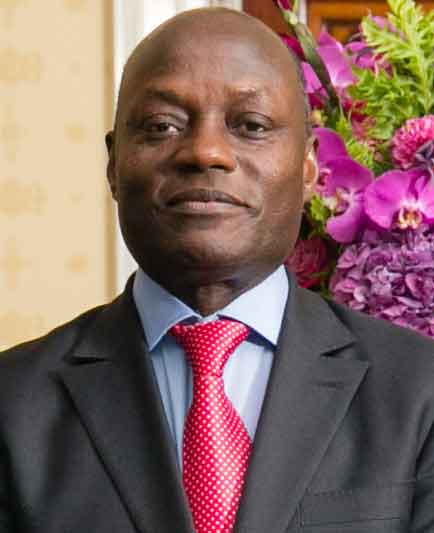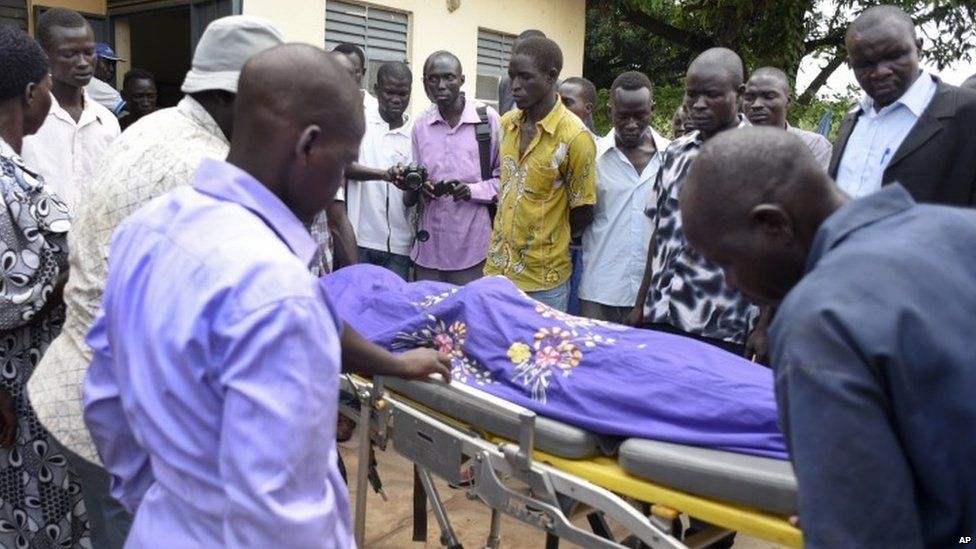Guinea Bissau’s ruling party angrily rejected President Jose Mario Vaz’s new choice for prime minister Thursday, deepening a political crisis in the troubled west African nation a week after the government was sacked.
Vaz appointed former minister Baciro Dja, 39, as prime minister a week after he fired Domingos Simoes Pereira over a series of disputes including the naming of a new army chief, sparking fresh crisis in the chronically unstable west African nation.
The move put Vaz at loggerheads with his ruling African Party for the Independence of Guinea and Cape Verde (PAIGC), which is led by Pereira and denounced a “constitutional coup”.
After Pereira was dismissed the PAIGC renominated him as their candidate, to no avail.
In a statement the PAIGC called for a “massive gathering” in downtown Bissau later Thursday afternoon “taking into account the current crisis hitting the country with the nomination of a new prime minister.”
The PAIGC “will never accept a constitutional coup d’etat. Neither the party nor the people of Guinea-Bissau will accept the nomination of Baciro Dja,” said party official Fernando Saldhana.
“We will demonstrate this later during our protest.”
A presidential decree said that after all the constitutional formalities, including consultation with political parties in parliament, Dja would replace Pereira.
Dja was defence minister in the government of Carlos Gomes Junior who was overthrown in 2012 in the latest in long line of military coups to plunge Guinea Bissau into chaos.
The country has barely begun to recover from the coup after elections in July last year.
Dja became a minister and government spokesman for Pereira, but resigned after a dispute between the two men came to blows in June.
The altercation led to Dja being suspended from the PAIGC last week.
Vaz said his fallout with Pereira stemmed partly from the appointment of a new armed forces chief, a key post in the small nation known as a hub in drug trafficking between South America and Europe.
In March 2009, political veteran Joao Bernardo “Nino” Vieira, who had led the country on and off since 1980, was assassinated by soldiers in apparent revenge for the killing of the then army chief.
Vaz also raised the closure of the border with Guinea over an Ebola outbreak and cited problems of corruption and nepotism, a lack of transparency in public procurement and alleged obstruction of the judiciary.
The PAIGC party, which fought for independence from Portugal, has a slender majority in the national assembly with 57 of 102 lawmakers.
AFP














